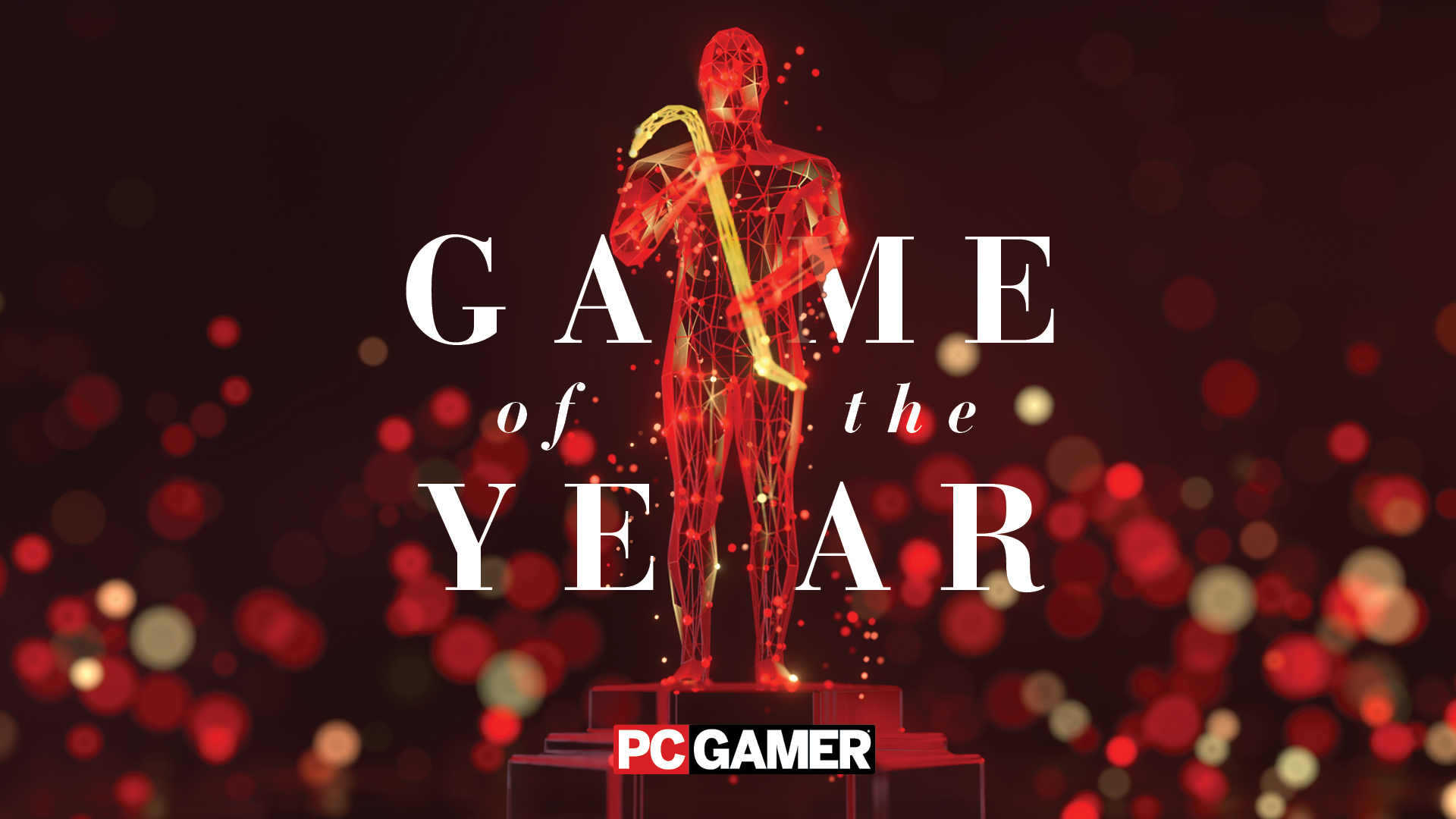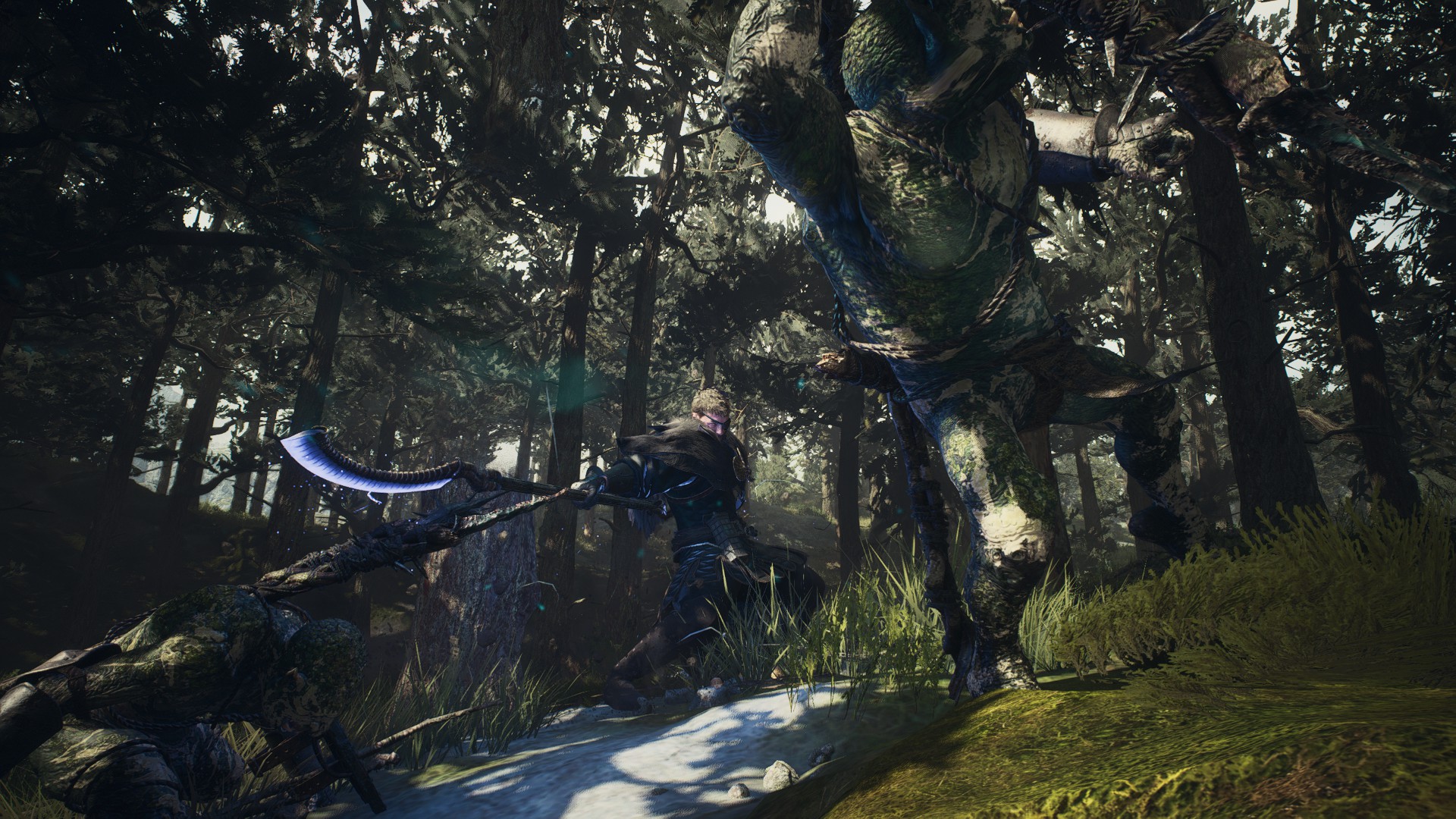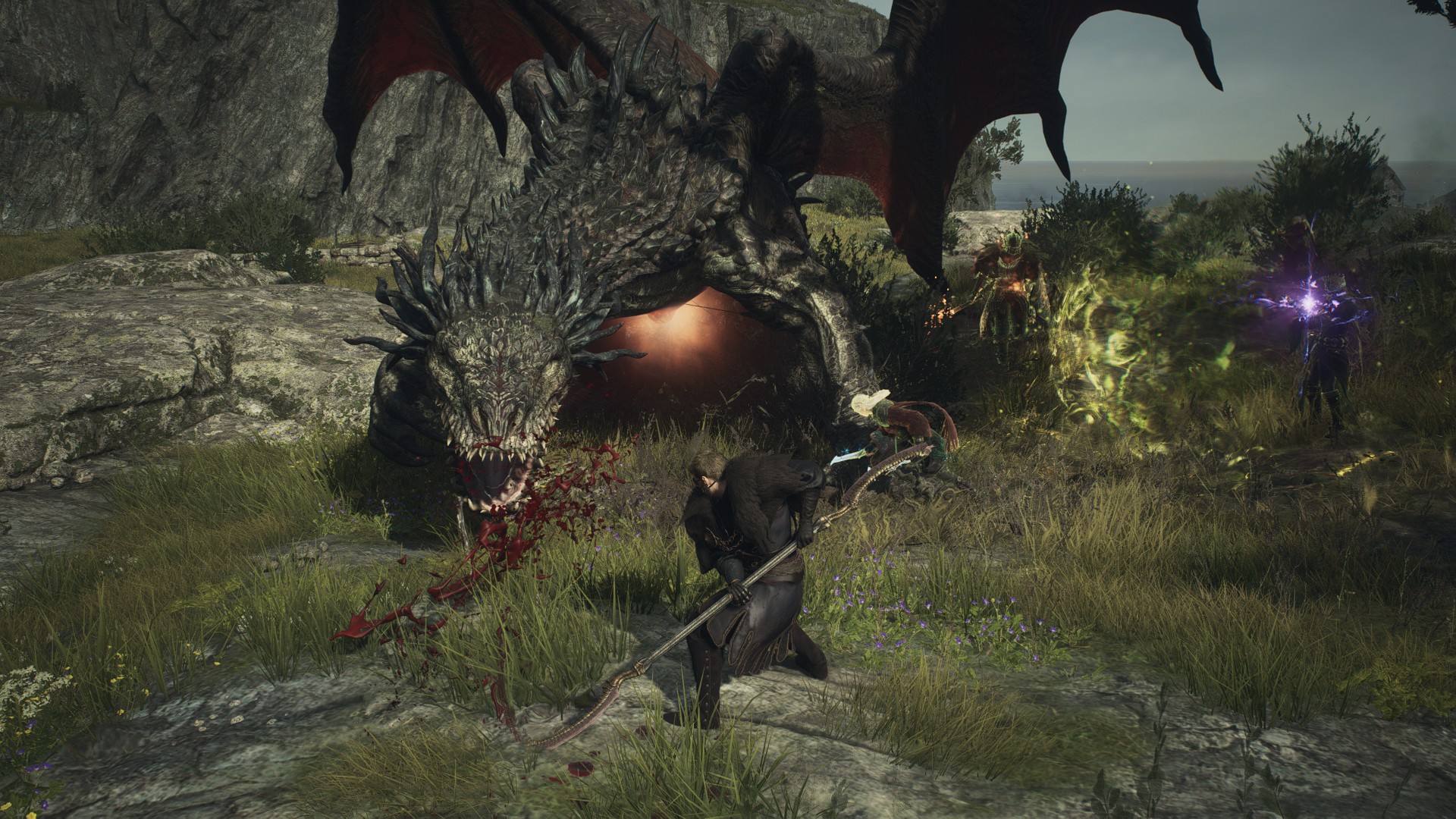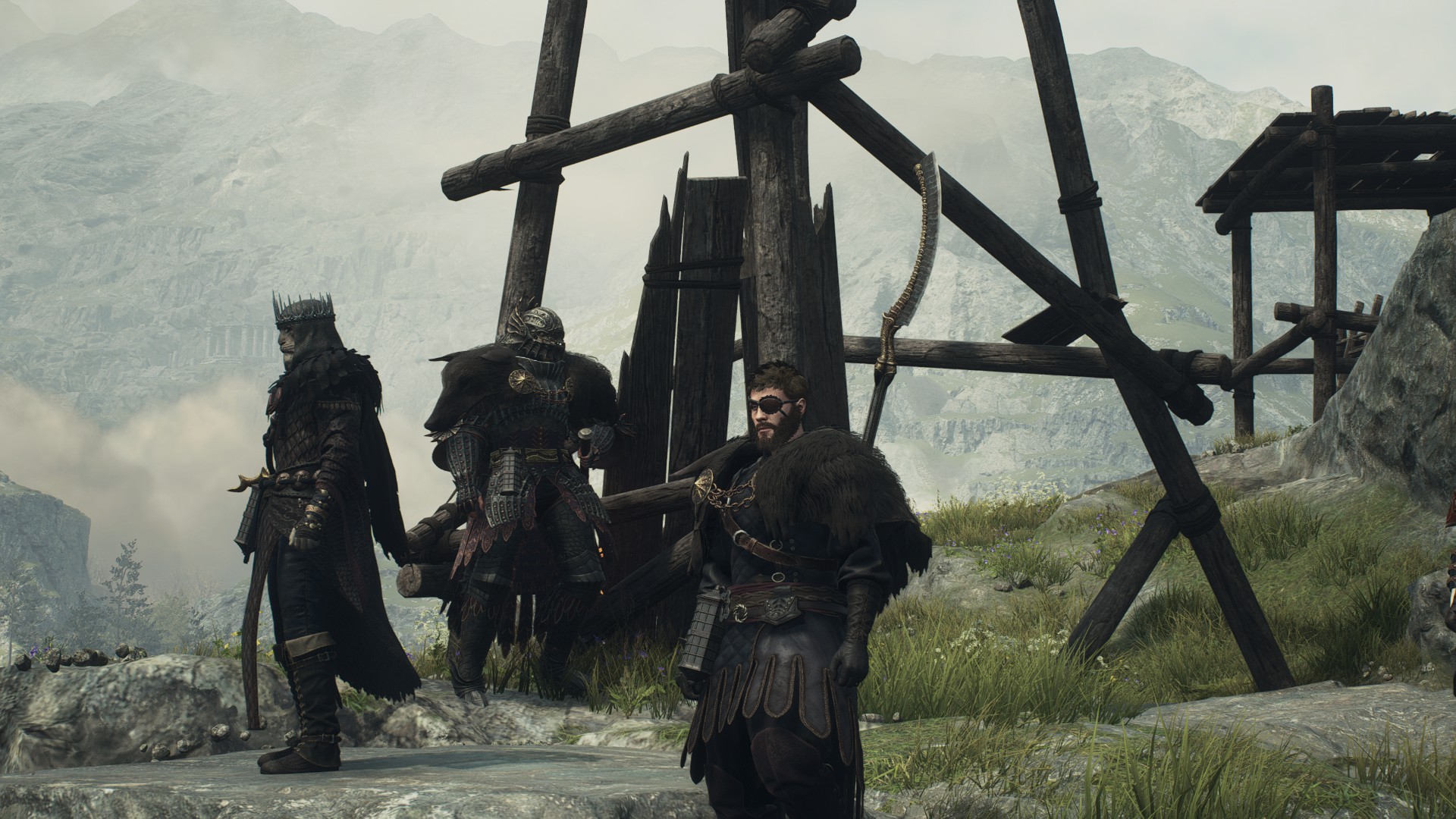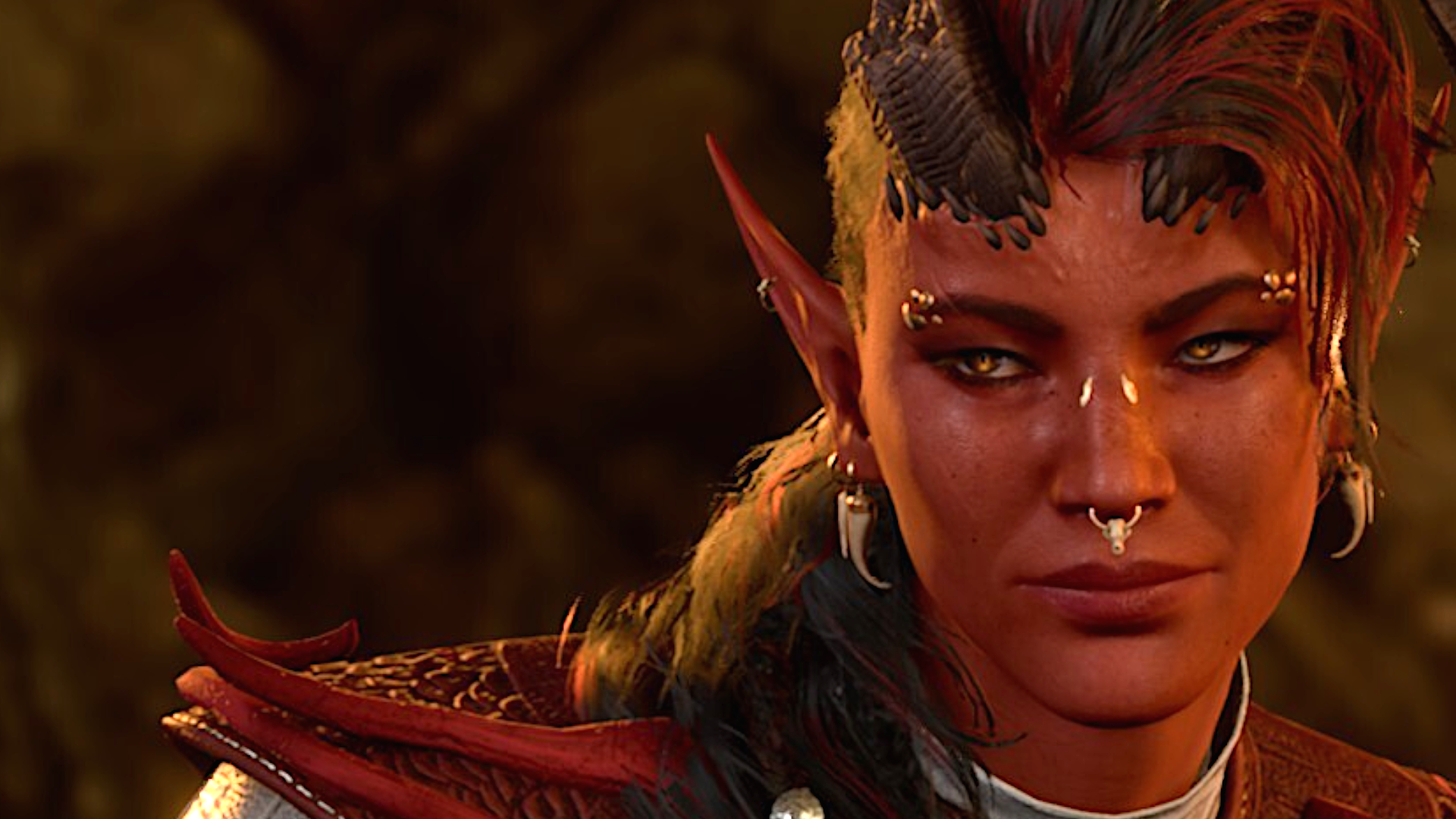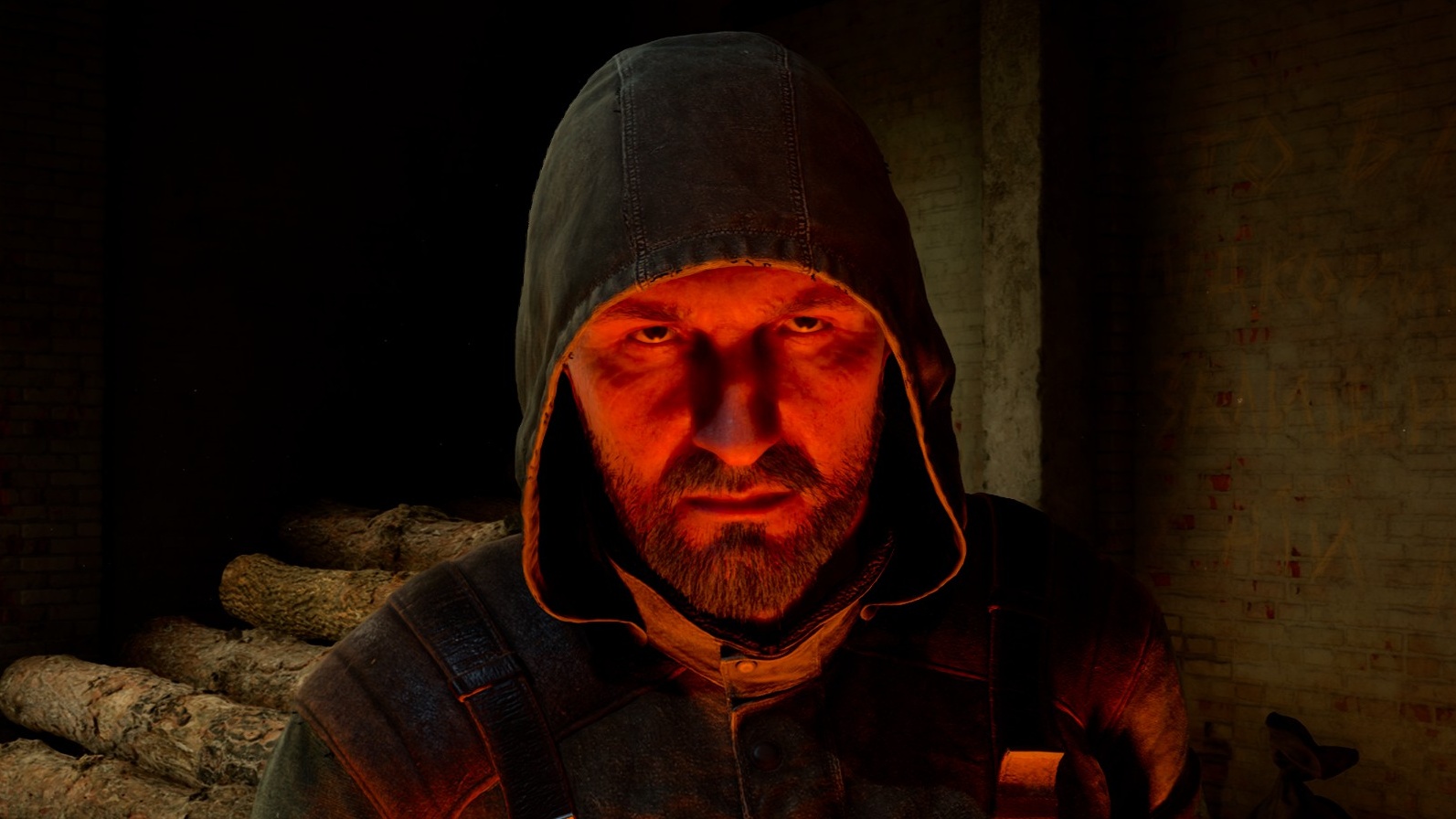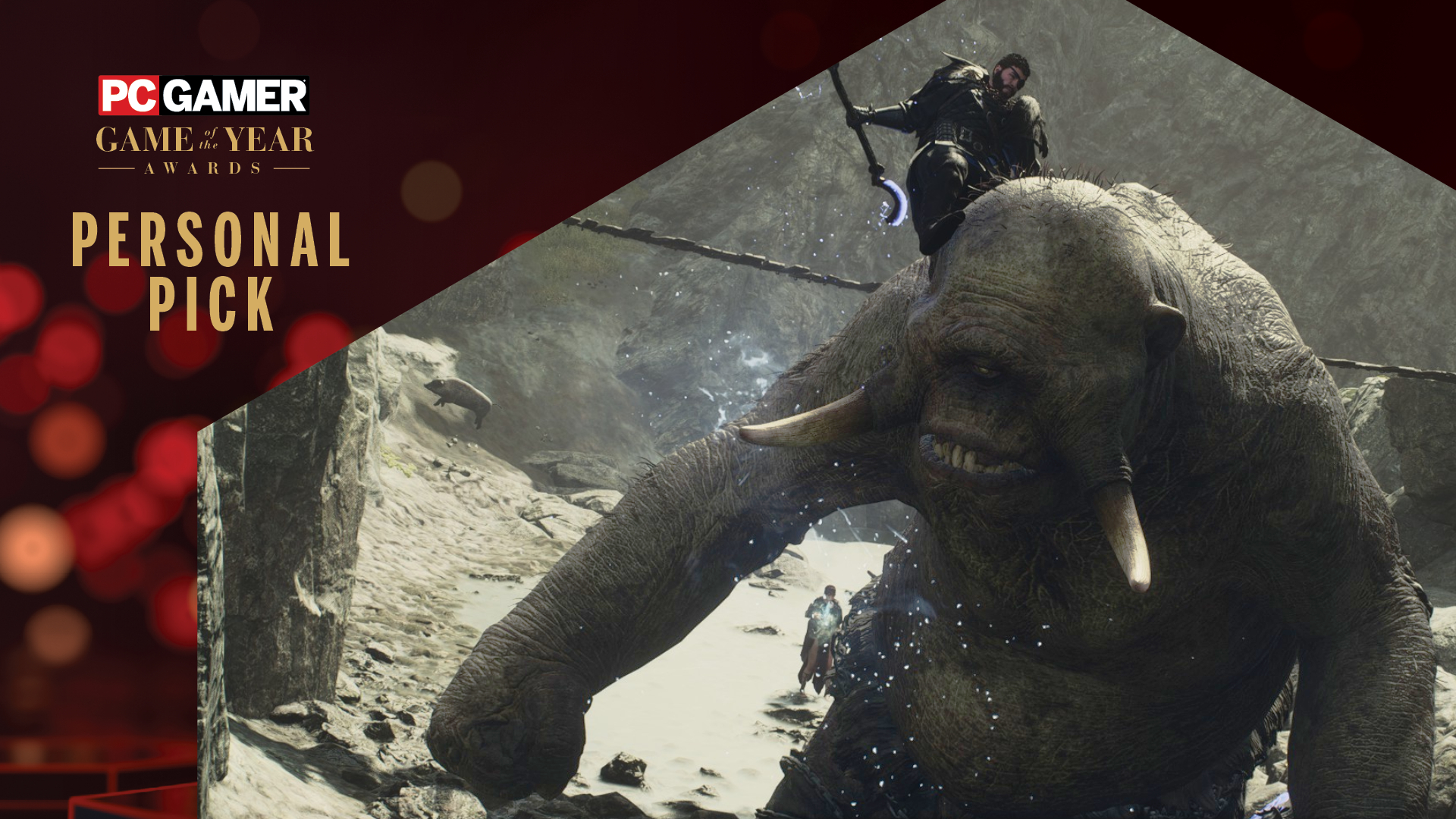
Can't have heroics without fresh harspuds.
In addition to our main Game of the Year Awards 2024, each member of the PC Gamer team is shining a spotlight on a game they loved this year. We’ll post new personal picks, alongside our main awards, throughout the rest of the month.
As the protagonist of Dragon’s Dogma 2, I’m equal parts mythic hero, destined monarch, and fledgling demigod, but the most important thing I can do during my adventures is make sure I’m not left with a backpack full of rotten meat. My Arisen can fire a hail of magic darts from an enchanted bow; he can enlist a legion of soulbonded companions drawn from countless parallel worlds in a metaphysical conflict spanning the infinite strata of reality.
That only counts for so much if I’m not keeping track of my camping supplies.
I won’t pretend like it’s not obnoxious when me and my party of pawns are awoken after our campfire meal of beast scrags by a midnight assault from a redwolf pack, leaving us stranded in the wilderness with ruined tents and only a spoiling stock of harspuds to fuel our trek back to civilization. Dragon’s Dogma 2 makes sure that no hero’s quest goes too long without contending with daily tediums and mundanities—and I love it.
Other fantasies can feel paranoid about the times between your moments of high adventure. Take Blizzard’s, for example. I’ve spent a few dozen hours with Diablo 4 this year, and there’s an almost anxious tension during the long stretches of riding overland between dungeons and world events—like the game’s self-conscious about whether I’ll notice that the downtime conveniently gives me plenty of time to ponder all the spots on my horse and hero that I haven’t draped in premium cosmetics.
World of Warcraft, meanwhile, feels like it’s waking from a fugue state spanning multiple expansions, where its mad sprint to endgame content meant blazing through regions and villains at such a blistering pace that everything smeared together into an undifferentiated blur of magic and huge pauldrons.
Dragon’s Dogma 2 is unapologetic about slowing down. It gets just as high fantasy as your Azeroths and Faeruns; by the end of the game, you’ll watch a dragon get incinerated by a second, cooler dragon. But here, that high fantasy is tempered by an understanding that the magical often works best when it’s firmly planted in the material. Dragon’s Dogma 2 isn’t just comfortable with the mundane. It revels in it, and that only makes the fantasy stronger.
Dragon’s Dogma 2 is unapologetic about slowing down.
Traveling long distances is more feasible by ox cart than by arcane portcrystal. Incriminating letters vanquish more of the kingdom’s villains than heroic combat. When you’re tasked with protecting an empress during a sacred rite, you’re not defending her from some kind of rude necromancer’s terrible spell; her greatest threat in the crowd of onlookers is a guy with a knife. And if you’re going to fight monsters, the best way to prepare yourself is finding a place for a hearty meal and a full night’s sleep.
When I’m eventually conjuring a pillar of ice so I can leap from it to kill a medusa with a plunging greatsword slash, the excitement is only heightened by the fact that—hours beforehand—I was doing the more humble task of helping an aging dissident secure a pair of glasses so he can do historical research while hiding in a library. Other games will have you fighting an escalating parade of fantastic beasts until you’re barely blinking an eye at the gnarliest freaks a Monster Manual could muster. Dragon’s Dogma 2 is confident enough to leave you fighting hordes of generic goblins, wolves, and harpies so that whenever a griffon does thunder down out of the clouds while you’re trying to navigate a narrow cliffside path, it feels like a moment worth savoring.
I won’t minimize it: It’s an odd game. But it’s an honest oddness. It’s weird without pretension. It’s so dense with charming design idiosyncracies—like mechanics letting you clamber all over an ogre like a horrid little bug, or grab a panicked stag as it sprints past and casually lob it at an enemy—that it feels like it never occurred to anyone that it could play any other way.
Of those idiosyncrasies, the player-made pawns are the highlight. I’m ensuring I won’t beat any sicko allegations by saying so, but I love the pawn chatter, no matter how many hundreds of times I’ve been warned about the Dragonsplague.
When another player’s pawn points out a chest it knows is in the area, there’s a good chance it’ll contain a cloak I’ve seen in a few vendors’ inventories. But all those bits of advice and strategic suggestions—pleasantly and repeatedly shared—came from discoveries made alongside other players. Whatever brief disappointment I might’ve felt finding that cloak in that chest could’ve been shared by that pawn’s Arisen in their own world.
It might’ve been after their own camp was ambushed by redwolves—after their own harrowing midnight journey, where their own meager provisions might’ve been made more dire by a minotaur charging out of the darkness. When the latest pawn I’d passed on the road or pulled from a riftstone offers its insights, it’s sketching the outline of its own history: of other adventurers’ battles with titanic monsters and all the quiet ox cart rides, inn stays, and campfire-grilled beast-steaks shared along the way.
